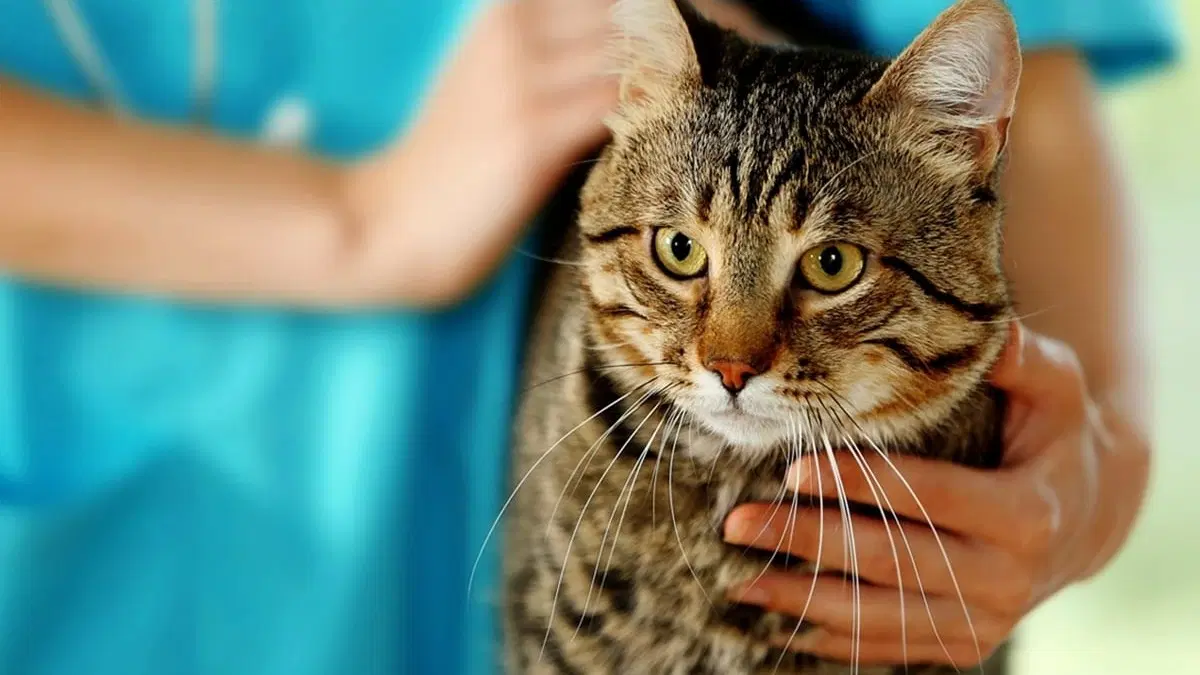Feline Diabetes Treatment: Cost & Management Guide
Feline diabetes mellitus, often shortened to diabetes, is a treatable condition affecting many cats. While a diagnosis can be concerning, with proper care and management, diabetic cats can live long and happy lives. This guide explores the costs associated with feline diabetes treatment and provides essential information for cat owners navigating this condition.
Understanding Feline Diabetes
Diabetes occurs when a cat's body can't produce enough insulin or use the insulin it does produce effectively. Insulin is a hormone responsible for regulating blood sugar levels. Without adequate insulin, glucose (blood sugar) builds up in the bloodstream, leading to various health problems.
Symptoms of Cat Diabetes
Early detection is crucial for successful management. Here are some signs to watch for:
Increased thirst and urination
Excessive hunger
Weight loss despite increased appetite
Lethargy
Cloudy eyes
Diagnosing Feline Diabetes
If you notice these symptoms, consult your veterinarian promptly. They will perform tests to confirm diabetes and determine its severity.
Treatment Options for Feline Diabetes
The primary goal of feline diabetes treatment is to manage blood sugar levels. The most common treatment options include:
Insulin Injections: Many diabetic cats require insulin injections twice daily. The vet will determine the appropriate type and dosage based on your cat's needs.
Diabetic Cat Food: Veterinarians often recommend a special diet formulated to regulate blood sugar levels. These diets are typically low in carbohydrates and high in protein.
Cost of Feline Diabetes Treatment
Feline diabetes is an ongoing expense. Here's a breakdown of some associated costs:
Insulin: Insulin costs can vary depending on the type and dosage needed. Typically, expect to pay $30 to $100 per month for insulin.
Diabetic Cat Food: Diabetic cat food can be more expensive than regular cat food. The cost can vary depending on the brand and quantity, but generally falls between $25 for a small bag of dry food and $40 for a case of wet food.
Veterinary Care: Regular veterinary checkups and monitoring are essential for diabetic cats. These visits can cost anywhere from $100 to $200, depending on the location and services provided. Additional tests may be needed throughout your cat's care.
Expert Insights From Spot
According to Spot's data, diabetes is a common health concern for cats. Spot has received over 2,558 claims for diabetes, with an average treatment cost of $454.12. This chronic condition typically develops in older pets, around 9.5 yrs. old.
Can Cats Live Long Lives with Diabetes?
With proper treatment and management, cats with diabetes can live happy and healthy lives for extended periods. Studies report average lifespans of up to three years after diagnosis, though this can vary depending on the severity of the condition and the cat's overall health.
Living with a Diabetic Cat
While managing feline diabetes requires commitment, it's a rewarding experience. Here are some tips:
Maintain a consistent feeding schedule.
Administer insulin injections as directed by your veterinarian.
Monitor your cat's blood sugar levels at home, if recommended by your veterinarian.
Schedule regular veterinary checkups.
Provide plenty of fresh water.
Key Takeaways
Feline diabetes requires ongoing care and can be expensive. However, with proper treatment and a dedicated owner, diabetic cats can live long and fulfilling lives. If you suspect your cat has diabetes, consult your veterinarian promptly for a diagnosis and personalized treatment plan. Remember, early detection and management are key to a positive outcome.
How Spot Pet Insurance Can Help
Spot Pet Insurance offers accident-only and accident and illness coverage. With a Spot plan pet parents can receive up to 90% cash back on eligible veterinary expenses. Coverage includes the cost of surgery, hospitalization, prescription medications, alternative therapies, as well as the treatment of both congenital and hereditary conditions, in addition to other services. Pet parents can also get preventive care coverage for an additional fee. The add-on helps with the cost of routine veterinary services like vaccinations, dental cleanings, and annual wellness exams.

With 15 years as a dog and cat parent, my pet articles are a mix of humor and firsthand experience - proof that the best stories often come with paws and purrs.











